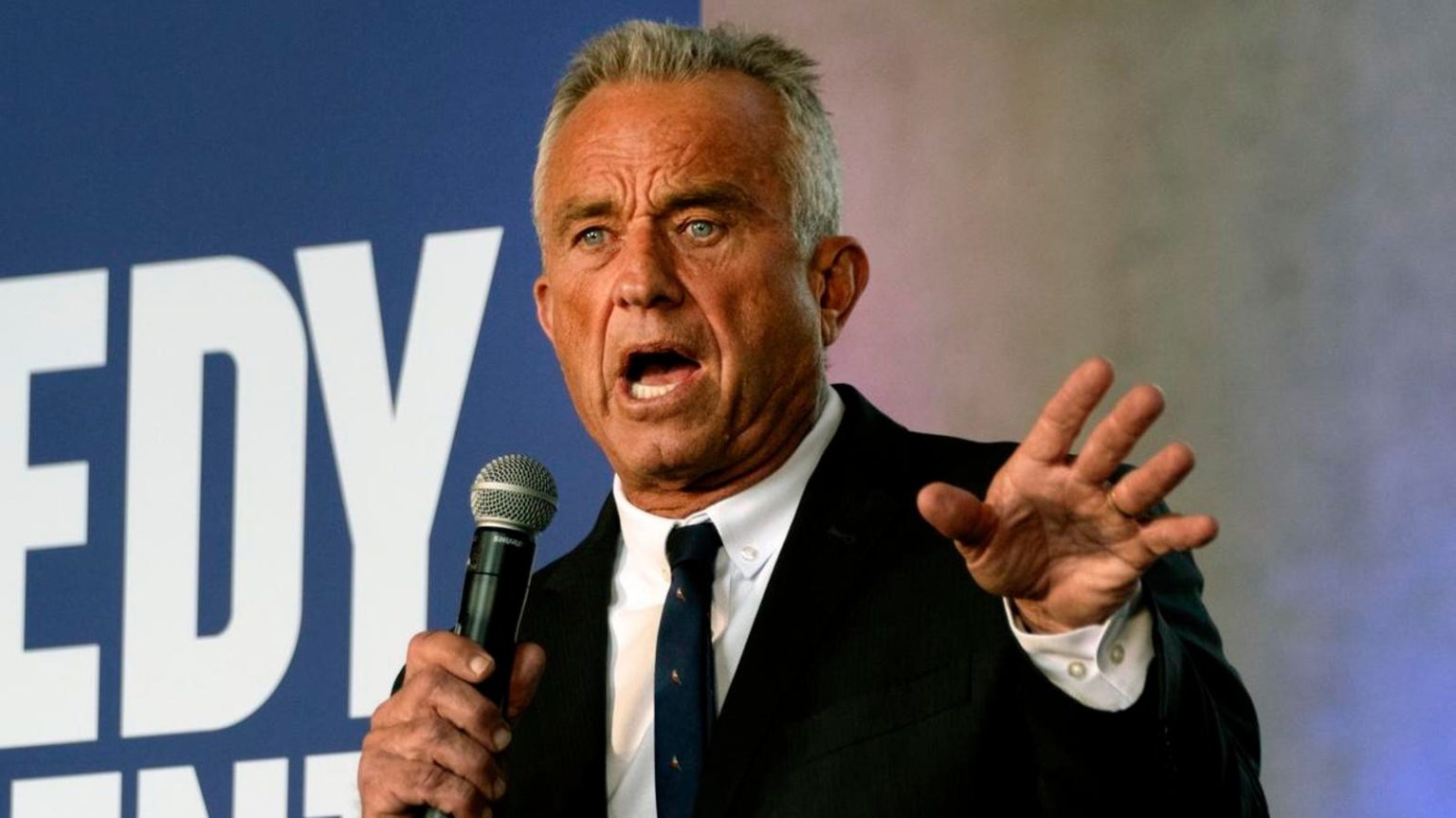Independent presidential candidate Robert F. Kennedy Jr. recently released a statement attempting to clarify his stance on the Jan. 6 Capitol riots, criticizing both Democrats and Republicans for using the event to further divide the country. He admitted that while many protestors broke the law, he claimed there is little evidence of a true insurrection, despite not examining detailed evidence from the event. Kennedy expressed concerns about political motivations behind prosecution efforts and suggested appointing a special counsel to investigate whether prosecutorial discretion was abused for political reasons.
Kennedy’s comments align with previous statements where he seemingly downplayed the severity of the Capitol riots, including a podcast episode where he questioned the worst-case scenario of the event. His campaign recently disavowed a fundraising email that referred to the rioters as “activists,” clarifying it as an error. Meanwhile, more than 1,256 individuals have been charged with various crimes related to the Jan. 6 riots, highlighting the significance of the event and the legal repercussions faced by those involved.
Former President Donald Trump, who has been indicted on federal charges for his role in attempting to overturn the election, has also made controversial statements regarding the Capitol riots. Trump vowed to free imprisoned rioters as one of his first acts if reelected, referring to them as “Hostages.” The escalating tension around the events of Jan. 6 has led to divisions within the political landscape, with Kennedy’s recent statements adding to the ongoing discourse.
The House Jan. 6 committee conducted a lengthy investigation and concluded that Trump triggered the riots, recommending that he be barred from serving in office. The Supreme Court is set to hear oral arguments about whether federal charges against Trump can be dismissed, further intensifying the legal battle surrounding the events of Jan. 6. Former Trump aides Peter Navarro and Steve Bannon have also been sentenced to prison for defying congressional subpoenas related to the committee’s investigation, underscoring the legal repercussions faced by individuals involved in the Capitol riots.
Kennedy’s campaign disowned the fundraising email that referred to the Capitol rioters as activists, emphasizing the need for clarity and accountability in discussing the events of Jan. 6. The ongoing debate over the severity of the Capitol riots and the legal actions taken against those involved reflects the deep-rooted divisions in American politics. With the 2024 presidential election on the horizon, the discussions surrounding Jan. 6 and its implications for political discourse continue to shape the narrative of the political landscape. As the country grapples with the aftermath of the Capitol riots, the statements and actions of political figures like Kennedy and Trump play a pivotal role in shaping public perception and understanding of the events of that fateful day.


